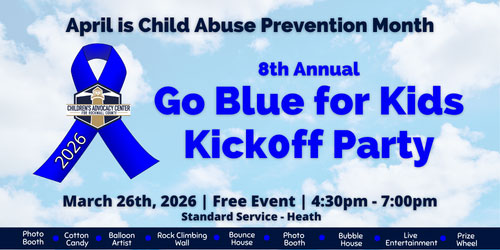
ROCKWALL, TX (August 22, 2014) Students can be either excited about going back to school and all of its new opportunities or it can be a dread for some as they remember negative experiences from the previous year. It can be a “jungle” for some kids who have experienced bullying at school—they are beginning to worry about how they will survive the upcoming year.
The government’s Stop Bullying Initiative (stopbullying.gov) states that 28% ofU.S. students in grades 6–12 and 20% of students in grades 9–12 have experienced bullying. Moreover, close to 30% of students admit to bullying others. Yet, a remarkable percentage of young people (70.6%) have said that they have seen incidents of bullying in their schools.
Though the Rockwall ISD has done a fantastic job in creating anti-bullying initiatives, policies and procedures for reporting, it is important that parents understand the definition of bullying, educate and give kids the skills to deal with it if they ever face this issue.
According to the government’s definition, bullying is unwanted, aggressive behavior among school-aged children that involves a real or perceived power imbalance. The behavior is repeated, or has the potential to be repeated, over time. Bullying includes actions such as making threats, spreading rumors, attacking someone physically or verbally, and excluding someone from a group on purpose (stopbullying.gov).
So how you do to prepare your kids? It starts at home. As a parent, I studied each of my children and knew their temperaments, their strengths and challenges. One of them was very vocal and two of them were quiet and internalized things. My anger management and conflict resolution came in handy when dealing with my kids’ behavior and served as opportunities to teach them the skills needed to control anger and resolve conflict. Even if you are not trained in these areas, there are many ways to teach kids about acceptable/not-acceptable behaviors, self-control, how to treat others, empathy and values.
On the other hand, parents must be active listeners in order to hear or see the red flags that could show signs of bullying. Remember, not all negative behavior is bullying. If a child comes home with repeated complaints, do no dismiss them. Ask questions such as: What was said and done to you and by whom? Was there physical aggression? Did anyone see what happened? When and where did the incident happen? How long has this been happening?
It is very easy to react at these situations. Nevertheless, it is better to respond. Acknowledge that there could be a potential problem, read the school’s policy and procedures on reporting bullying incidents, and setup a meeting with a school staff or district administrator.
In conclusion, school can be a “jungle” where your child can learn and have a great adventure. Learn the facts about bullying. Create time to discuss this subject (maybe watch the film, Bully 2011) and participate in school initiatives.
Blue Ribbon News guest columnist Enid Reyes is a Certified Relationship Skills & Marriage Coach, founder of Rockwall Grace Center for Family & Community Development and a local minister. Contact Enid at enidmariereyes@gmail.com.





